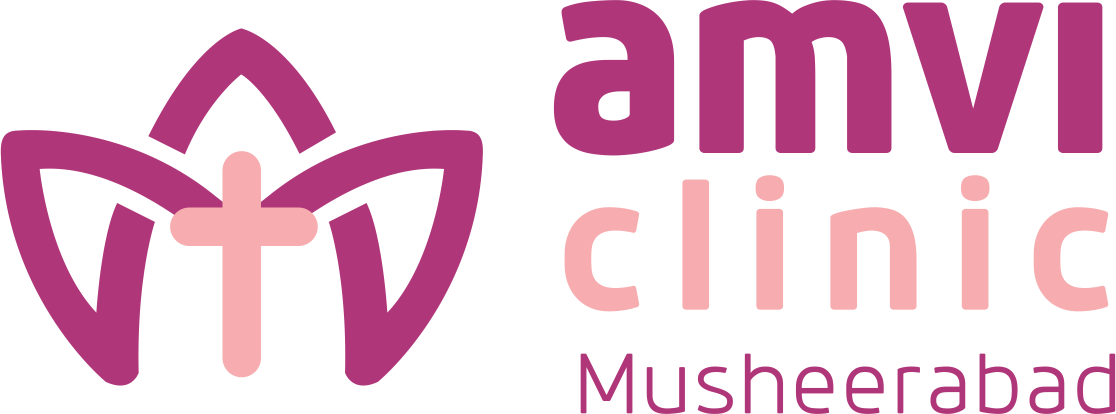What is PCOS?
PCOS is a hormonal condition where the ovaries don’t work the way they should. Women with PCOS often have irregular periods, problems with ovulation (releasing eggs), and higher levels of androgens, which can lead to symptoms like acne, excessive hair growth, and trouble getting pregnant. Some women with PCOS may also have small cysts in their ovaries, which is where the name “polycystic” comes from.
Common Symptoms of PCOS
The symptoms of PCOS can be different for each woman. Some common signs include:
- Irregular Periods: You may have periods that are very infrequent, heavy, or even skip altogether.
- Excess Hair Growth: PCOS can cause extra hair on the face, chest, or back due to higher levels of male hormones.
- Acne and Oily Skin: Hormonal imbalances often cause acne, especially on the face, chin, or jawline.
- Weight Gain: Many women with PCOS find it harder to maintain or lose weight, especially around the belly.
- Thinning Hair: You might notice your hair thinning or falling out due to hormonal changes.
- Difficulty Getting Pregnant: PCOS can make it harder to get pregnant because it can prevent ovulation.
Causes of PCOS
The exact cause of PCOS is not completely clear, but several factors may play a role:
- Genetics: If other women in your family have PCOS, you might be more likely to develop it.
- Insulin Resistance: Many women with PCOS have insulin resistance, meaning their body struggles to use insulin properly. This can cause the ovaries to produce more androgens.
- Hormonal Imbalance: High levels of male hormones in the body can prevent normal ovulation, which leads to irregular periods and cysts.
How is PCOS Diagnosed?
To diagnose PCOS, your doctor will ask about your symptoms and might perform blood tests to check hormone levels. An ultrasound may also be done to check for cysts in the ovaries.
Treatment for PCOS
While there’s no cure for PCOS, it can be managed effectively. Treatment depends on the symptoms and whether you want to become pregnant:
- Medications: Birth control pills can help with periods and reduce acne and excess hair. If you have insulin resistance, medications like metformin may help.
- Lifestyle Changes: A healthy diet and regular exercise can help balance hormones, reduce symptoms, and improve fertility.
- Fertility Treatments: If you’re having trouble getting pregnant, treatments like Clomid or IVF can help.
Managing PCOS
With the right treatment, you can manage PCOS and live a healthy life. At AMVI Clinic, we provide personalized care and support to help you manage your symptoms. If you think you have PCOS, it’s important to consult a doctor for early diagnosis and treatment.
Reach out to AMVI Clinic today and take the first step toward managing your PCOS effectively!

